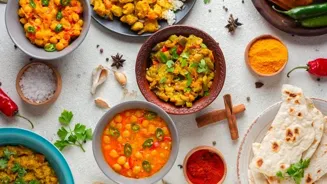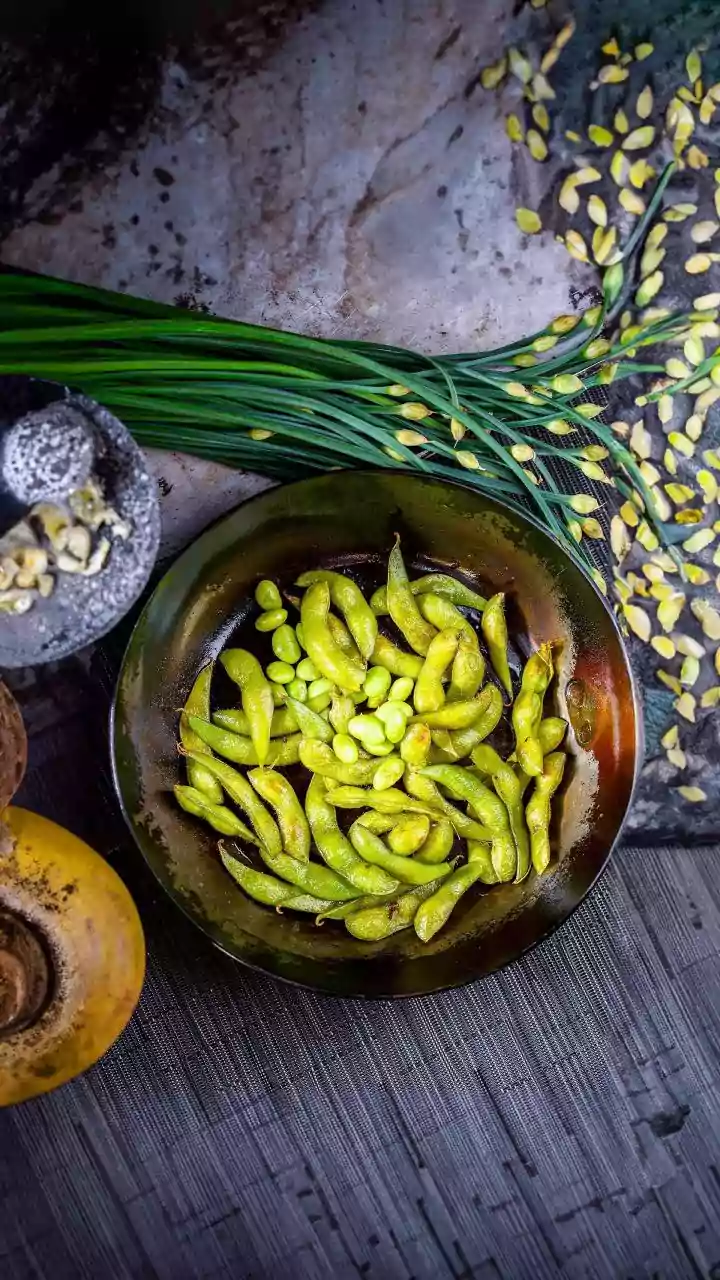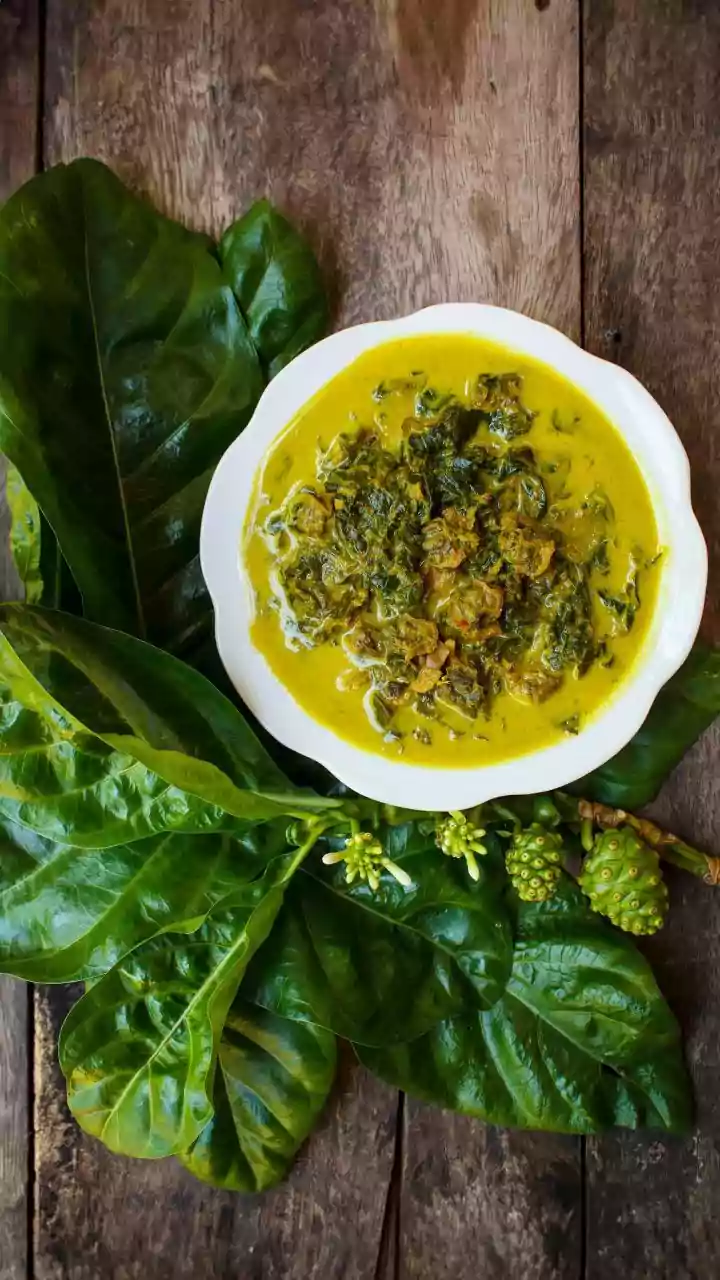Dive into the world of Indian food traditions - a blend of spirituality, culture, and community. Discover the sacredness of Prasadam, festive delights, and Ayurvedic wisdom. Unveil the essence of Indian culinary
heritage
India, a land of diverse cultures and vibrant traditions, holds food in a place of utmost reverence. It's more than just sustenance; food is intricately woven into the fabric of our rituals, festivals, and daily life, acting as a medium to connect with the divine and strengthen community bonds.
From elaborate temple offerings to simple home-cooked meals, the preparation, presentation, and consumption of food are imbued with deep meaning and symbolism.
Understanding the significance of food in Indian traditions offers a fascinating glimpse into the country's rich heritage and spiritual beliefs. The rituals add sacredness to the food in India.
Prasadam: Blessed food symbolizing devotion to God
The concept of "Prasadam," food offered to a deity and then distributed among devotees, perfectly illustrates the spiritual significance of food. Prasadam is not considered ordinary food; it is believed to be blessed by the divine presence, imbued with positive energy and grace.
The act of offering food to the deity is a symbol of devotion, gratitude, and surrender. The person taking the Prasadam feels closer to God. Each temple has own Prasadam to offer.
Temples in India offer unique Prasadam; Tirupati Laddu is famous
Temples across India are renowned for their unique and elaborate Prasadam offerings. In the Jagannath Temple in Puri, the "Mahaprasad," a variety of dishes prepared in the temple kitchen, is offered to Lord Jagannath and then distributed to thousands of devotees daily.

Tirupati Laddu, a sweet offered at the Venkateswara Temple in Tirupati, is another famous example, known for its unique taste and sanctity. The offering of food shows thankfullness to God. The devotees believe that one becomes pure by taking Prasadam, as it is blessed by God.
The Tirupati laddu is one of the sweet offerings at the temple.
Festivals in India celebrated with special dishes strengthen bonds
Festivals in India are incomplete without special dishes that are prepared and shared among family and friends. Diwali, the festival of lights, is celebrated with an array of sweets like ladoos, barfi, and halwa.
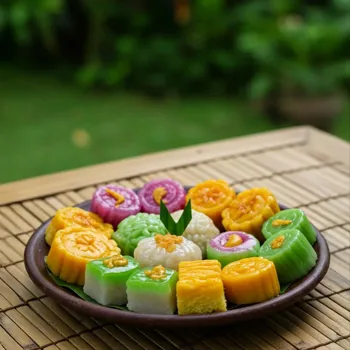
Holi, the festival of colors, is synonymous with gujiya, a sweet dumpling filled with khoya and dry fruits. During Pongal, a harvest festival celebrated in South India, "Sakkarai Pongal," a sweet rice dish, is prepared and offered to the Sun God as a gesture of gratitude for a bountiful harvest.
The sharing of these festive foods strengthens social bonds and reinforces a sense of community. Special dishes are prepared for each festival. The food binds the family during the festival.
Food's crucial role in Hindu ceremonies, symbolizing abundance and prosperity
Food also plays a vital role in various Hindu ceremonies, such as weddings, births, and death anniversaries. During weddings, elaborate feasts are prepared, featuring a variety of vegetarian dishes, signifying abundance and prosperity.
Specific foods are often associated with auspicious beginnings and good luck. In many cultures, offering food to ancestors is believed to nourish their spirits and ensure their blessings. Food is an essential part of every ceremony. There are special cooks for weddings.
The food should be delicious and well-presented.
Indian food preparation: tradition, spices, positive energy, medicinal values, family recipes
The preparation of food in Indian households often follows traditional practices and rituals. Many families have specific recipes and cooking techniques passed down through generations. The use of certain spices and ingredients is not only for flavor but also for their medicinal properties.
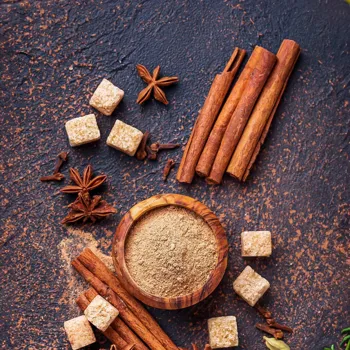
Many believe that cooking and serving food with love and positive intentions can infuse the meal with positive energy, benefiting the consumer's well-being. Each spice is used for its own medicine values. The positive intention in cooking leads to good food.
Many homes have family recipes passed down to each generation.
Ayurveda emphasizes mindful eating for health using spices
Ayurveda, the ancient Indian system of medicine, emphasizes the importance of mindful eating and the connection between food and health. According to Ayurvedic principles, food should be consumed according to one's "Prakriti" (body type) and the seasons.
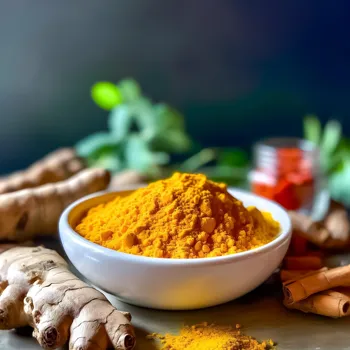
Eating the right foods at the right time is believed to promote physical and mental well-being. Spices like turmeric, ginger, and cumin are not only used for flavoring but also for their medicinal properties, such as boosting immunity and aiding digestion.
Ayurveda guides on how to eat and when to eat. Turmeric and Ginger are very good for health. Spices helps in digesting food.
AI Generated Content. Glance/InMobi shall have no liability for the content